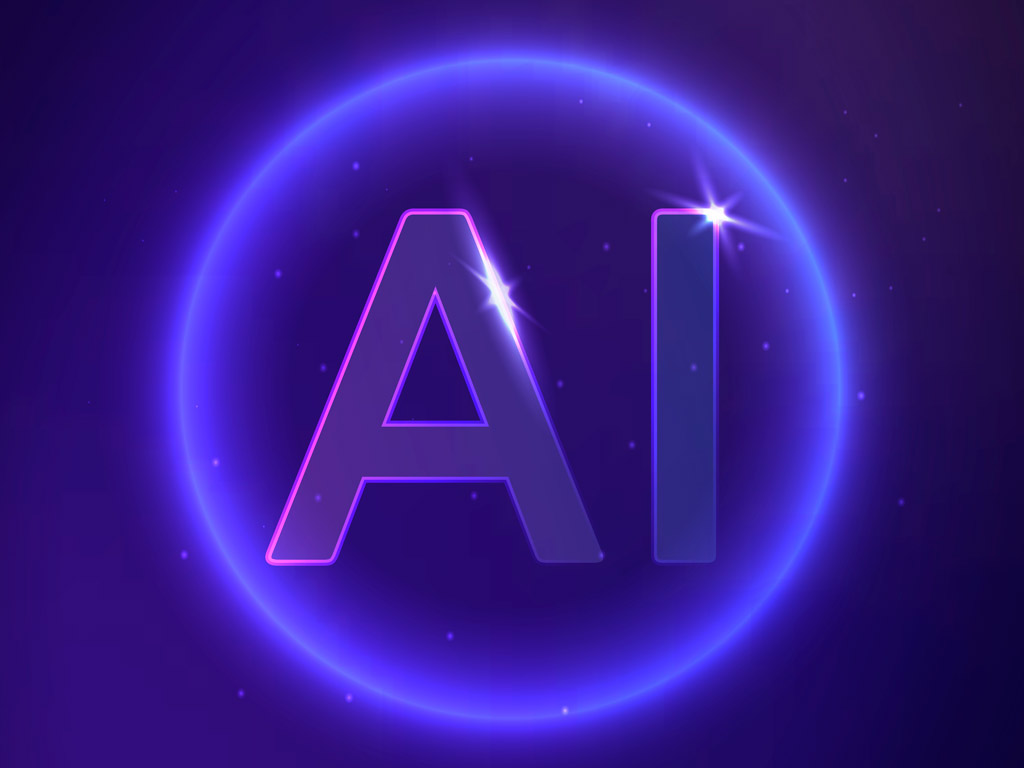AI personalization uses machine learning and advanced data analysis to deliver experiences uniquely tailored to each user.
As artificial intelligence evolves, personalization is shifting from reactive recommendations to proactive anticipation; transforming customer experience, marketing, and brand trust across every sector.
Where AI Meets Intention
At INNOCOS, we don’t just talk about innovation; we connect the people shaping it. In this exclusive conversation with one of the industry’s leading voices in AI personalization, we explore how technology is redefining human connection and what the future of artificial intelligence means for beauty, wellness, and longevity.
Because in an era where every click, swipe, and search tells a story, AI’s greatest opportunity isn’t automation; it’s empathy at scale.
What AI Personalization Really Means Today
Most brands still treat personalization as “customers who bought this also bought that.”
But modern AI goes far deeper. Machine learning now analyzes behavioral signals; preferences, timing, routines, and even emotional tone, to predict what a customer truly needs next.
“It’s not just about showing the right product. It’s about understanding the human behind the data.”
Across wellness and beauty, AI already powers routines that adapt to your microbiome, coaching apps that personalize your stress-recovery cycles, and marketing messages that shift tone based on engagement patterns.
Read more: 5 Longevity Startups in Silicon Valley
How Machine Learning Is Evolving Customer Experience
When people ask, “What’s next for AI in customer experience?” experts increasingly point to contextual intelligence.
Instead of segmenting users by age or purchase history, advanced systems now recognize intent and emotion in real time.
Imagine:
- A wellness app that shifts your content based on mood signals.
- A beauty brand that adjusts recommendations using environmental and lifestyle data.
- A loyalty program that personalizes not just rewards, but relationships.
The next generation of personalization will feel less like technology and more like intuition.
Personalized Marketing AI: Balancing Data and Trust
With great personalization comes great responsibility.
Consumers know that AI is watching, learning, and predicting. What they expect is transparency and ethical design.
Personalized marketing must serve human intention; not manipulation.
“The brands that win will be the ones that make people feel seen, not sold to.”
That means:
- Clear, honest data-use policies
- Helpful, value-driven personalization
- Human oversight on automated decisions
At INNOCOS events, leaders often emphasize that trust has become the most valuable brand currency and AI must protect it.
Read more: Wellness Trends from Europe for 2026

The Future of Artificial Intelligence in Personalization
Looking ahead, AI personalization will evolve in three major shifts:
1. Predictive: Prescriptive AI
Systems that don’t just respond but guide decisions; whether shaping a skincare plan or supporting long-term wellness routines.
2. Static: Adaptive Experiences
Algorithms that evolve with each user’s changing needs, from seasonality to stress to lifestyle shifts.
3. Automated: Emotionally Intelligent AI
Experiences that understand context, tone, intent, and even mood; creating interactions that feel genuinely human.
At INNOCOS, this intersection of AI and empathy sparks some of the industry’s most transformative conversations. The future isn’t about replacing humans; it’s about amplifying our ability to connect.
Related article: Top Wellness & Beauty Trends to Know Before 2025
What This Means for Beauty, Wellness & Longevity Leaders
For founders, scientists, and marketers gathering at INNOCOS, AI personalization isn’t a trend; it’s a strategic shift.
The leaders who thrive will:
- Invest in ethical, explainable AI frameworks
- Design for long-term relationships, not short-term conversions
- Blend human insight with algorithmic intelligence
- Treat personalization as a service, not surveillance
“When we humanize AI, we create technology that understands wellness—not just sells it.”
Read more: How AI Is Revolutionizing Personalized Beauty and Longevity
FAQs About AI Personalization
What is AI personalization?
It’s the use of data and machine learning to tailor experiences, recommendations, and messages to each user in real time.
How does AI improve customer experience?
By anticipating needs, automating touchpoints, and creating journeys that feel intuitive rather than transactional.
What is the role of machine learning in personalization?
ML powers adaptive algorithms that learn from user behavior and continually refine predictions.
Is personalized marketing AI safe for user privacy?
Yes, when built with transparency, consent, and strong data-protection practices.
Which industries benefit most?
Beauty, wellness, healthcare, retail, and finance; any field where trust and emotional engagement matter.
Final Insight
INNOCOS exists to bring together the thinkers and doers shaping the future. AI’s real power lies not in replacing creativity, but in refining connection.
Innovation meets intention when technology helps us serve people better.
And that is exactly where INNOCOS will always be; at the intersection of intelligence and humanity.




